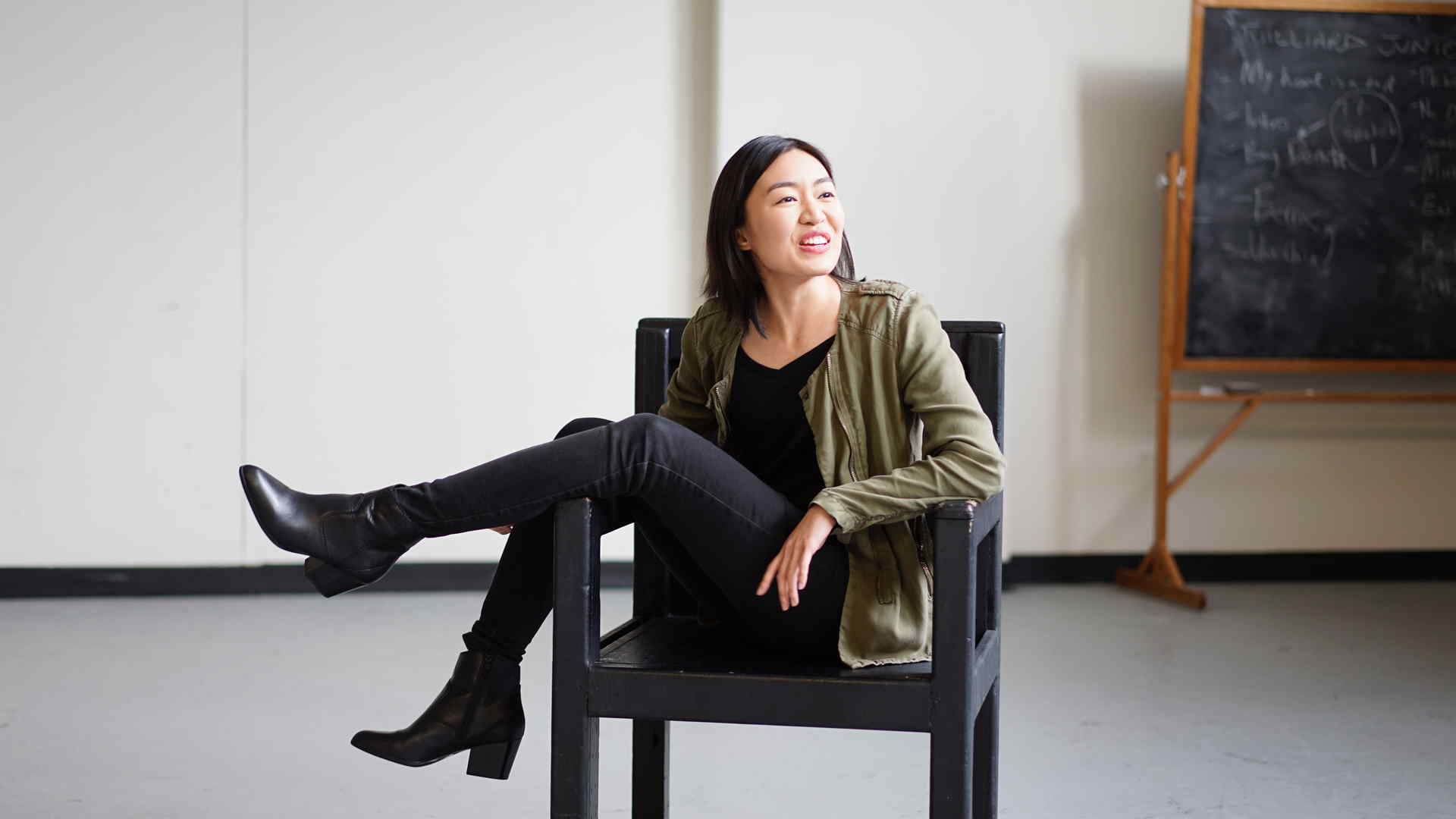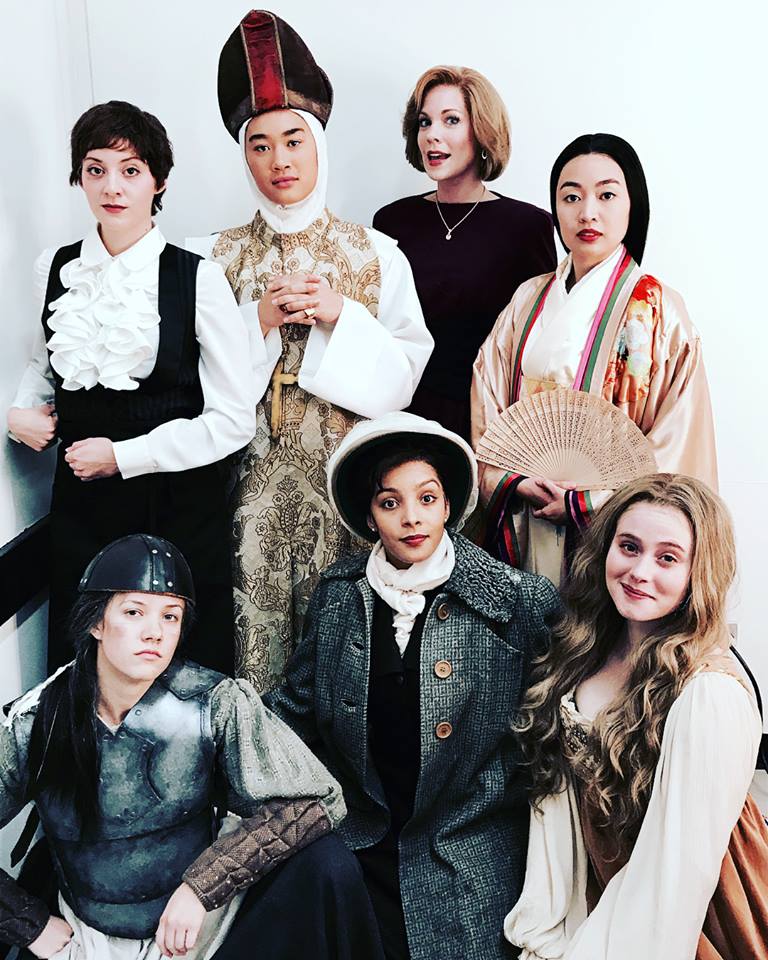
I was born and raised in the Philippines and have lived there all my life up until I moved to New York City to begin my acting training at Juilliard when I was 26. It was an exciting and crucial time in my life. That year marked a tremendous sea change in my spiritual, individual Hero’s Journey.
I had been politically and socially aware as an artist in my time as a member of an acting company in the Philippines. I’ve done a lot of theater-related projects in cooperation with UNICEF and the World Health Organization dealing with issues such as HIV and disaster prevention. A lot of the plays that I’ve done with my old acting company also had socially relevant issues at the center of it. I understood early in my career that the world around me is an important aspect of my work.
In my first year of training at Juilliard, I was wrapped up in a honeymoon phase. I had inadvertently made myself a sort of public figure due to my crowd-funding campaign that went viral in Philippine social media. My story, which involved gambling my childhood savings to book a ticket to New York City to audition for Juilliard captured the imagination of a lot of Filipinos. My living and being at Juilliard left me in kind of haze. I was wrapped up in a narrative of this being my Hero’s Journey. I was the hero who was born in a place where I didn’t belong. An inner voice told me to leave or cross the ocean, and I did. I was banking on how being here was a reward for my courage.
As my first year went on, someone invited me to the Chocolate Party—a party for all Juilliard, NYU, and Yale students of color. Someone told me that in America, people would likely categorize me as "yellow." I also heard words like "minority" used to describe me. I understood what they meant but found it incredibly annoying. I had never seen myself as a "person of color" before. As far as I’m concerned, I’m a human being like everyone else.

My second year was a lot worse, especially with the death of our artistic director, James Houghton, as well as the election of Donald Trump to the presidency. My group became hyper-aware of the injustices happening in America in terms of race issues, and it bled into our relationships and class dynamics. I became hyper-aware myself, and I began to see myself and everyone else as racial beings instead of human beings. I never saw the world in these terms before. Back home, I was a Filipina dealing with the effects of government corruption, patriarchy, colonialism, and the lack of resources for artists. When I ran away from all that to come to America, I got RACE (and still a number of those mentioned earlier). I became angry and obsessed with race and I began to form my own alliances within the community. I also began to inform myself by reading literature about race and even went to hear a panel discussion outside of school.
I calmed down a bit in my third year of training, as the Drama Division began to hire Art Equity to help its students and faculty wrestle with issues of diversity as a community. Even at that point, I’d already begun to distance myself from certain people and this distance is something that I’ve kept to this day, in my fourth year of training. I’m not happy about this, but I’ve learned that personal boundaries are something that I have to create to protect my emotional, mental, and spiritual well-being.
One day, I am hoping that the idea that there are people who have “color"—who are separate from people who are “white”—will be ludicrous. Three and a half years into my time in this country, I’m still not used to, nor am happy about, this idea. As far as I’m concerned, I am as talented, capable and intelligent as everyone else. There seems to be a structure and a belief system that is threatened by that.
Regina De Vera
Group 48
Quezon City, Philippines